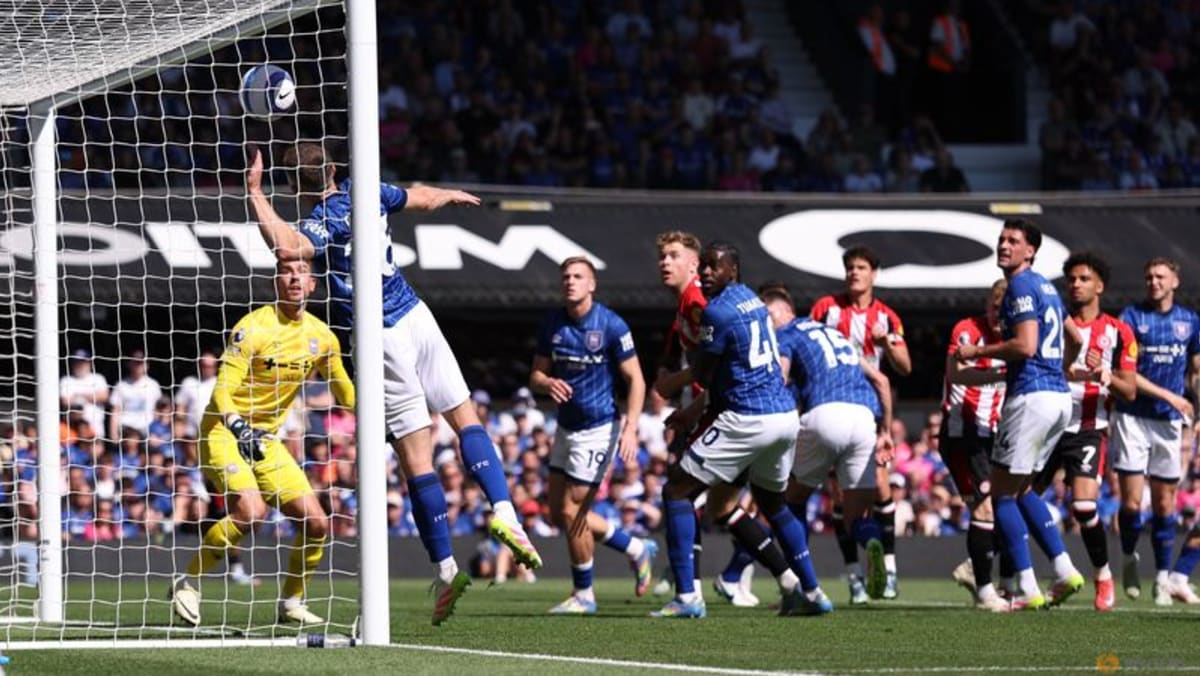Reports that relegation from England’s Women’s Super League is set to be paused have sparked positivity and scepticism from players, coaches and agents as clubs and governing bodies try to harness rapid growth and plot a path to a sustainable future.
British media have reported talk of radical plans to pause relegation from the WSL for several years to increase the number of top-flight teams from 12 to 16, with the winners of the second-tier Women’s Championship going up each year.
“The best of the best want to play in the WSL, but the problem is that the top three or four clubs have such a huge financial advantage to be able to offer players more money compared to the rest of the league, and that’s something that needs to be improved,” soccer agent Megan Brakes told Reuters.
Brakes, who represents players in both of England’s top divisions as well as in other European leagues and the American National Women’s Soccer League, was one of a number of figures in the game who spoke to Reuters about the proposal.
Budgets, squad sizes, player development and health issues were also highlighted, adding levels of complexity not easy to address for the 23 elite clubs in the top two divisions, but all of those asked said competition should not be sacrificed.
English coach Martin Ho worked as an assistant manager at WSL clubs Everton and Manchester United and coached Liverpool’s Under-21 team before taking up his current role at Brann Bergen in Norway, where he led his side through a Champions League campaign that ended in a quarter-final defeat by Barcelona.
“I think taking relegation out takes the competition out of the league as the majority of fixtures and results don’t have a consequence or meaning, to a certain extent,” he told Reuters.
“You enable clubs who are promoted and who maybe don’t have the squad to compete instantly and to build something sustainable over time. However, it removes the ‘edge-of-your-seat’ feeling, the competitive nature the league possesses due to removing the pressure of winning to stay up when it gets to the crunch time at the end of the season,” he added.
PLAYOFF OPTION
One active player who asked to remain anonymous and has featured in both divisions, told Reuters the idea of not having any relegation from the WSL is “a bit mad”.
The player, who has also been capped by her country, said there was a “significant gap” in quality between the WSL and many of the teams in the Championship.
She suggested a playoff between the bottom team in the top flight and the second-placed team in the Championship instead.
While top international players risk injury and burnout due to the number of games each season, those at lesser clubs who are not part of international squads have the opposite problem – a lack of competitive games, which hinders their development.
Reading’s withdrawal from this season’s Women’s Championship means only 11 sides remain to play a total of 20 league games each plus the domestic cup competitions.
This in turn hinders clubs financially as they are deprived of match-day and TV revenue.
While Chelsea can afford a massive squad bristling with internationals due to their involvement in the WSL and Champions League, clubs further down the hierarchy are not so lucky.
Brakes said those clubs offer playing time instead of more money as they try to attract talent and teams outside the WSL’s top four might benefit from a few years without the threat of relegation hanging over them.
“If the WSL were to be closed for a few years so that the teams (finishing in places) five to 12 could have time to build on and off the field, I think it would be beneficial and really make it the best league in the world,” she said.
“On the other hand, I already think it is the best in terms of competitiveness – every match is a battle, no matter who you face, which is not the case in some other countries.”
While Chelsea are on course for a fifth straight WSL title, Birmingham City and London City Lionesses are locked in a battle at the top of the Championship to see who will win promotion, likely replacing last year’s winners, Crystal Palace.
None of the people Reuters contacted said they wanted to see relegation removed from English football on a permanent basis.
“Closing it completely would destroy the league, and the one below it, I think – if you do that, you take away the essence of the game,” Brakes added.













